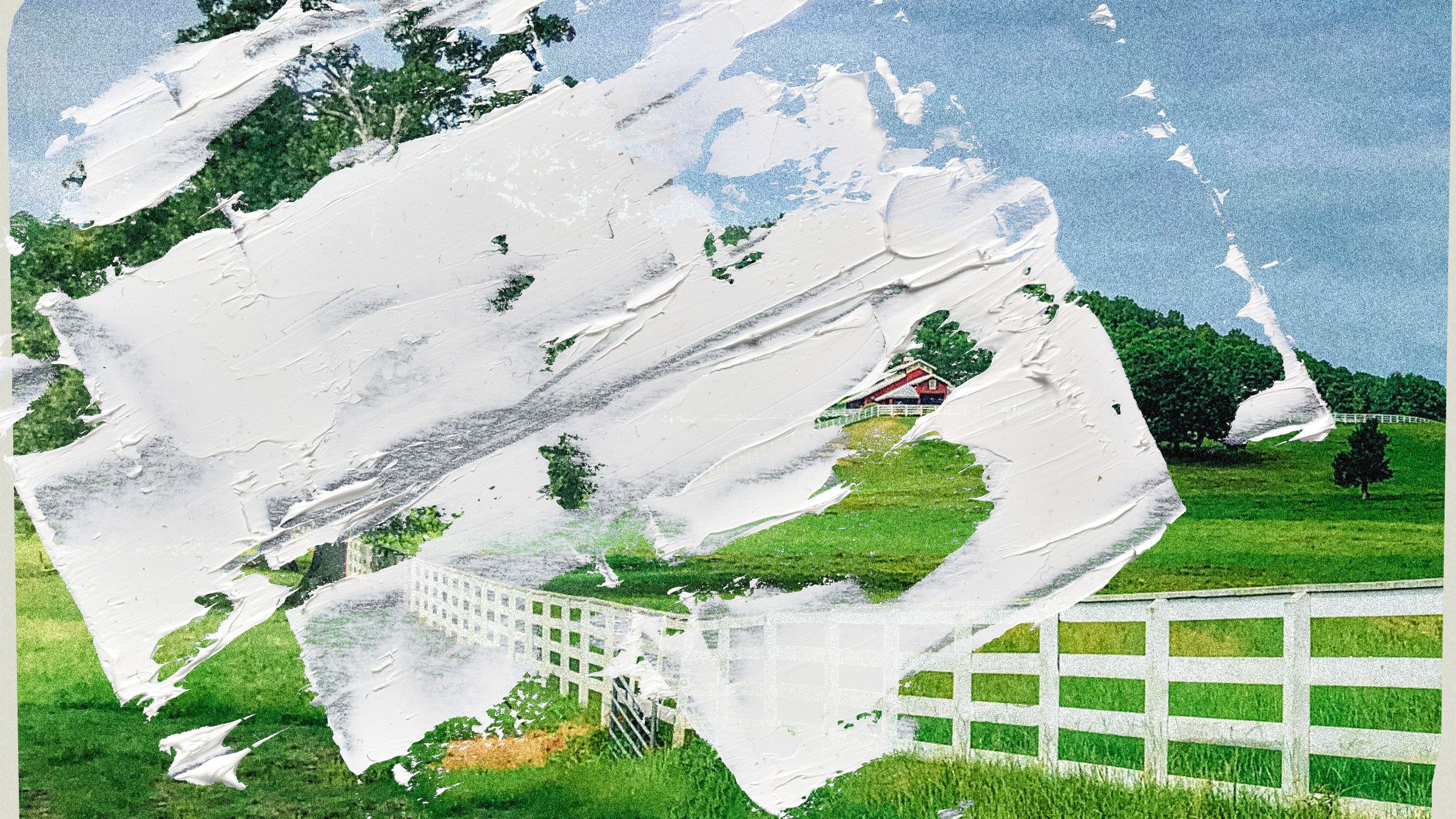Inside the ‘Whites Only’ Community in Arkansas
Inside the ‘Whites Only’ Community in Arkansas
Located in the heart of rural Arkansas lies a controversial community that has been making headlines for its strict ‘whites only’…

Inside the ‘Whites Only’ Community in Arkansas
Located in the heart of rural Arkansas lies a controversial community that has been making headlines for its strict ‘whites only’ policy. This secluded town, known as Whiteville, has garnered attention for its exclusionary practices and the intense scrutiny it has faced from the outside world.
Residents of Whiteville adhere to a strict code of conduct that prohibits non-white individuals from living within its borders. This policy has sparked outrage and condemnation from civil rights activists and the wider community, who see it as a blatant form of segregation and discrimination.
Despite its controversial policies, Whiteville residents remain steadfast in their beliefs, arguing that they have the right to create a community that reflects their values and traditions. They believe that by preserving their racial identity, they are safeguarding their way of life and ensuring the continuity of their culture.
However, critics argue that the ‘whites only’ policy of Whiteville perpetuates racial division and perpetuates outdated attitudes towards race and ethnicity. They argue that diversity and inclusivity are essential for a harmonious society and that communities like Whiteville only serve to reinforce harmful stereotypes and prejudices.
As the debate over Whiteville rages on, one thing is clear – this community’s policies have shone a spotlight on the enduring legacy of racism and discrimination in America. It serves as a stark reminder that despite progress in civil rights and equality, there are still pockets of society that cling to outdated and exclusionary beliefs.
Only time will tell how the story of Whiteville unfolds, and whether it will continue to exist as a symbol of resistance or eventually succumb to the forces of change and progress. For now, it remains a controversial and divisive presence in the landscape of Arkansas, challenging us to confront our own beliefs and prejudices.




